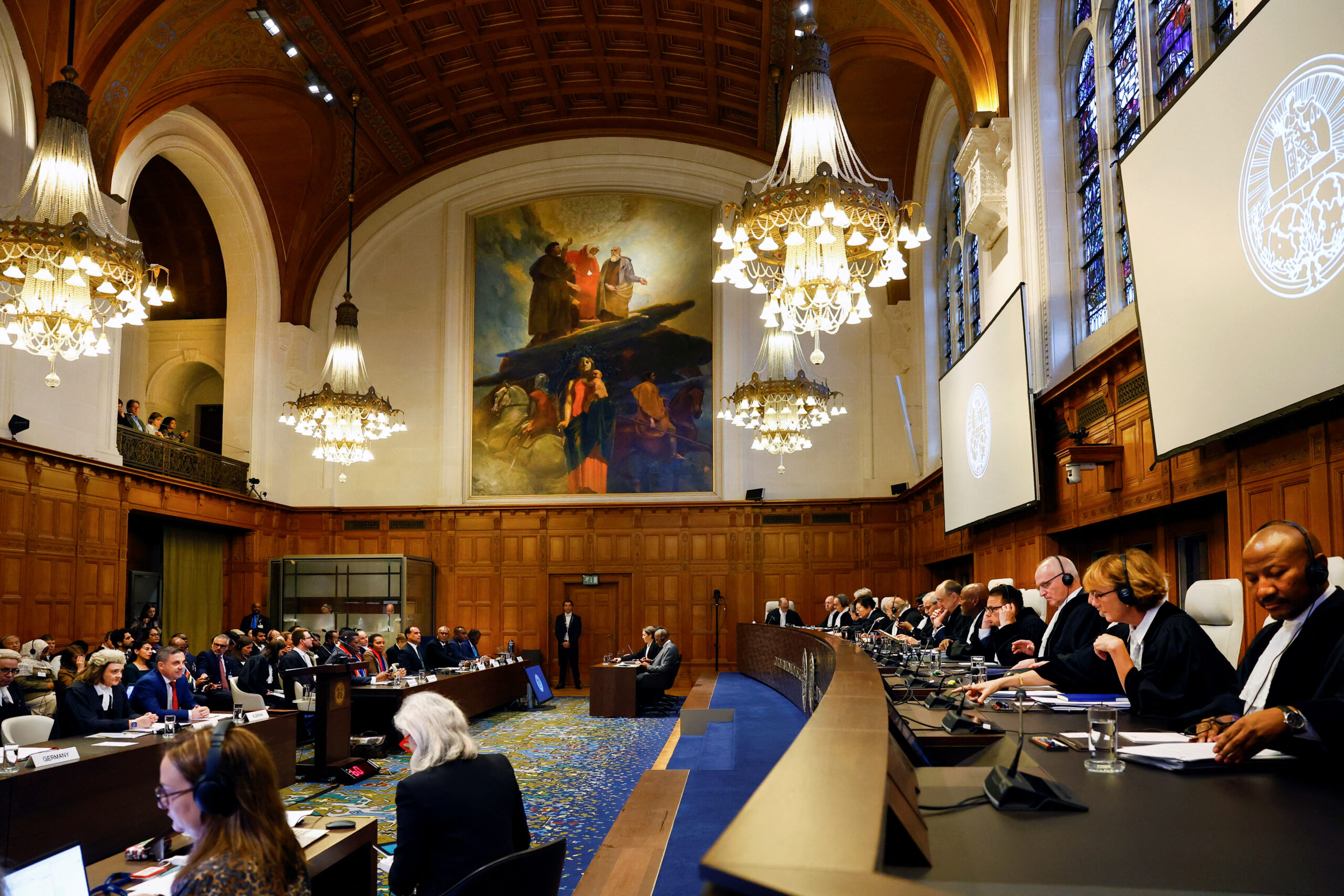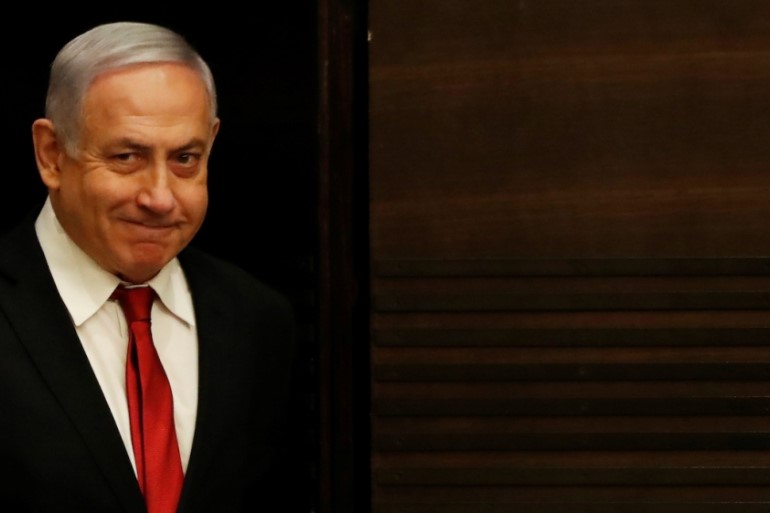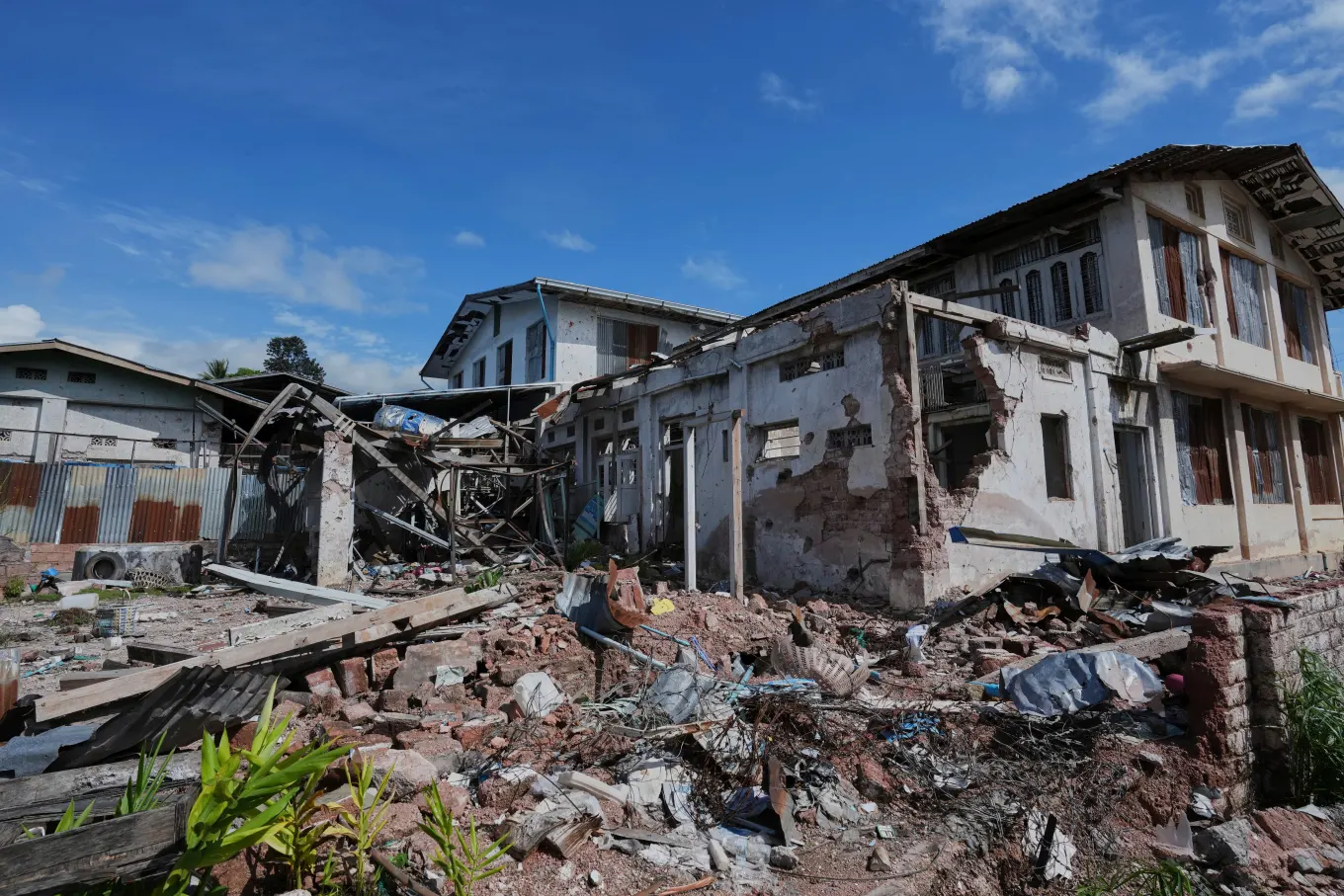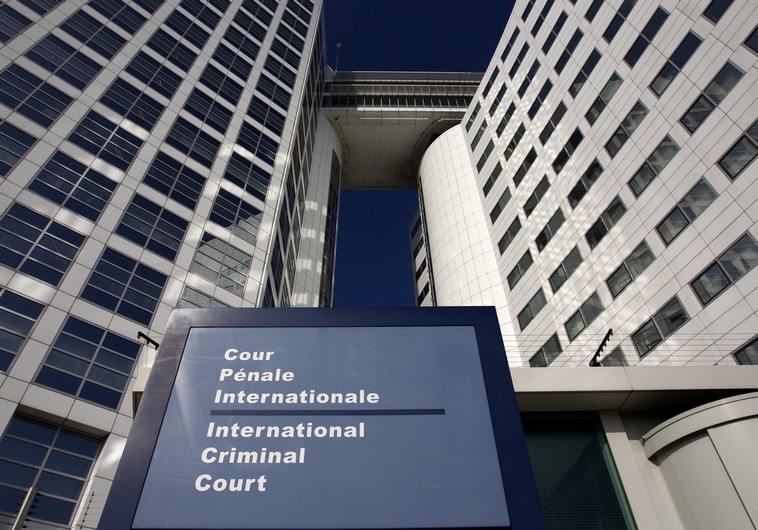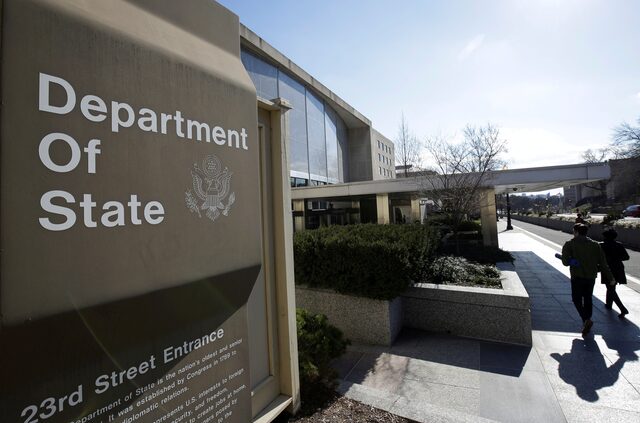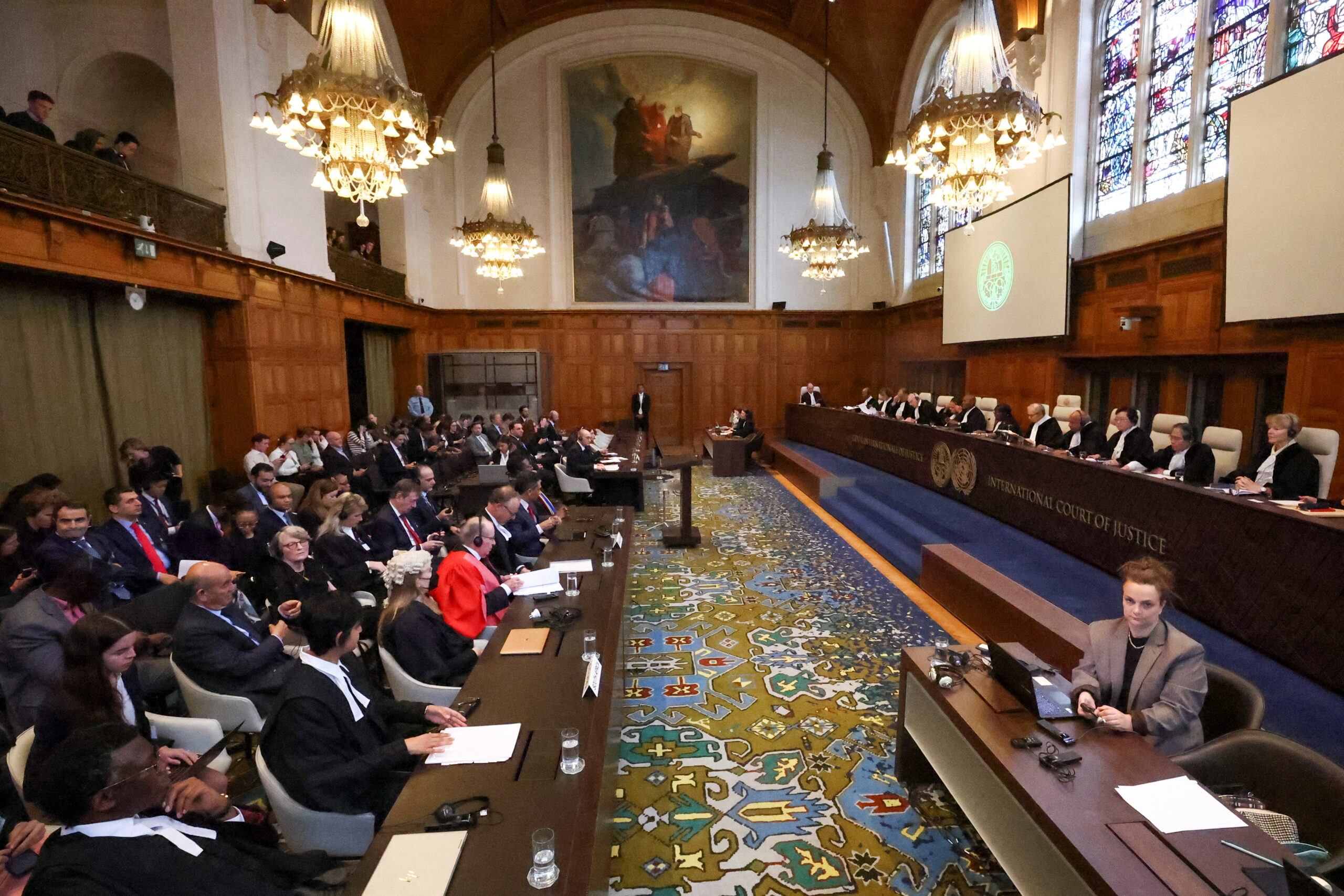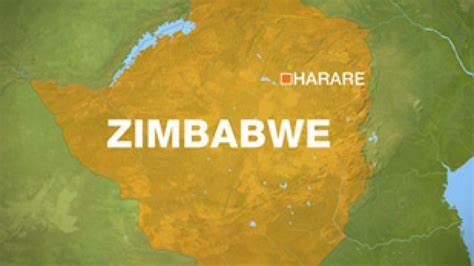British Legal Group and Palestinian Rights Organization Challenge UK Arms Exports to Israel in High Court

In a significant legal challenge now underway in London’s High Court, a British human rights organization and a leading Palestinian rights group are contesting the UK government’s arms exports to Israel. The case, which has garnered attention for its implications on both UK foreign policy and international human rights law, was filed by the Global Legal Action Network (GLAN), a UK-based organization known for its efforts to hold powerful actors accountable through legal means, and Al-Haq, a prominent Palestinian human rights organization based in the occupied West Bank.
The crux of the case revolves around the UK’s decision to suspend 30 out of about 350 arms export licenses to Israel. While this partial suspension has been seen by some as a step towards limiting the flow of weapons used in the ongoing Israeli-Palestinian conflict, GLAN and Al-Haq are calling for a total ban on all UK arms exports to Israel. They argue that continuing arms shipments, particularly those involving components for military systems like the F-35 fighter jet, contributes to human rights abuses.
At the heart of the plaintiffs’ case is the claim that the UK is complicit in Israel’s actions by supplying weapons that are used to target civilian infrastructure, medical personnel, and humanitarian aid workers. The legal teams have submitted documents to the court detailing how Israel allegedly relies on torture-derived intelligence to justify these attacks—actions which they argue violate international law. The groups contend that such practices directly contradict assurances from the UK government that British arms would not be used in a manner that violates human rights.
The scope of the legal challenge is wide-reaching. While the UK’s recent suspension of some arms licenses has garnered attention, it does not include critical components for Israel’s F-35 fighter jets. These jets, which play a central role in Israel’s military operations, are used to drop bombs that the plaintiffs argue indiscriminately target civilian areas. This makes the F-35 a focal point in the case, as the groups are also seeking an injunction to halt the export of these components, which could have broader ramifications for UK defense contracts and international relations.
In a move that underscores the case’s global significance, several major international human rights organizations have been granted permission by the court to intervene in support of the plaintiffs. Oxfam GB, Human Rights Watch, and Amnesty International UK are all backing the call for a suspension of arms exports, with a particular emphasis on halting the flow of F-35 components. Should the court rule in favor of these organizations, it could have far-reaching consequences for arms trade practices and the ethical implications of international military support.
As the legal proceedings continue, the court will examine not only the details of the plaintiffs’ arguments but also the broader implications of UK arms sales to Israel. The hearing has already highlighted concerns about the UK’s role in potentially enabling violations of international humanitarian law through the supply of weapons. While a final ruling has yet to be made, the outcome of this case could reshape the UK’s approach to arms exports and set a precedent for how countries evaluate the legality and ethical considerations of military sales in the context of human rights.
The case could mark a pivotal moment in international law, where accountability for the use of arms in conflict is weighed against national interests and military alliances. As the hearings unfold, the legal arguments put forward will not only challenge UK policy but also contribute to a larger debate about global arms regulation and the international community’s responsibility in preventing the misuse of military power.
Agencies.


